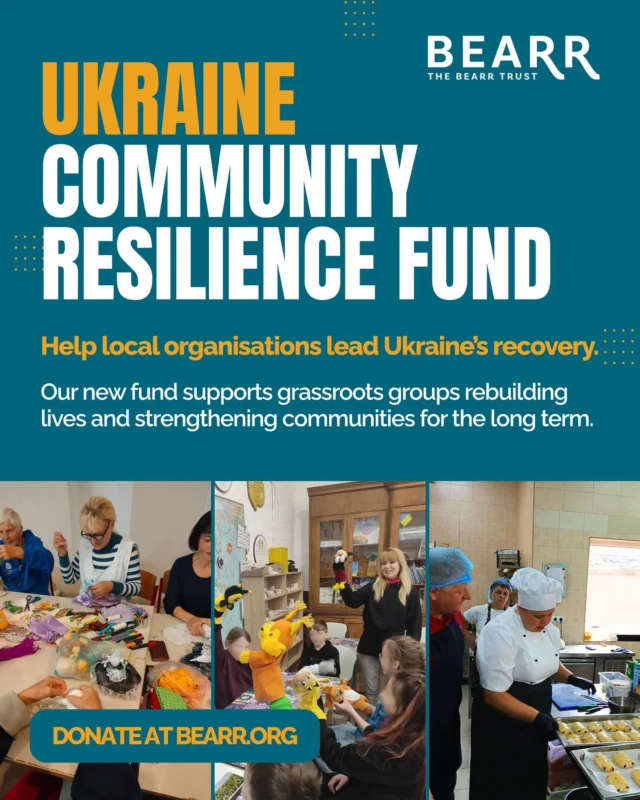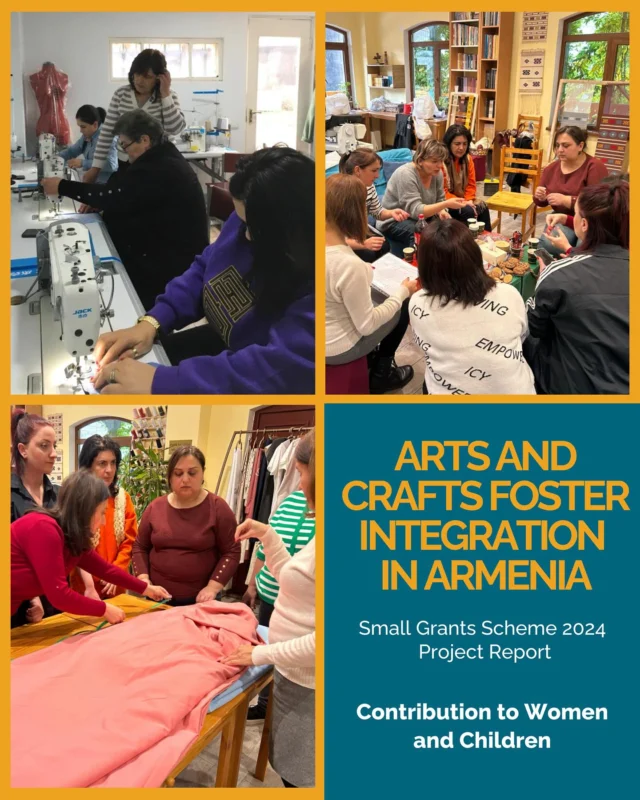Conditions in orphanages should more resemble a home environment
01.02.2019
According to Tatyana Golikova, the Deputy Prime Minister for Social Policy, public statistics say that just over 73,000 children are currently living in orphanages.
According to the Ministry of Education, 1,333 state and 8 non-governmental organisations were operating for orphans in Russia as of the end of 2018. The data was presented by Golikova, speaking at a meeting of the Council of the Russian Federation on social guardianship.
Representatives of departments and public organisations have analysed how the situation surrounding orphanhood has changed in four and a half years since the adoption of Government Resolution No. 1481. “Reform is taking place in all aspects: it’s happening in health care, education and social protection,” Golikova emphasised. «We have managed a high degree of reform, but there are still complex and substantial problems. For example, preparing children for independent living, the terms and conditions of living in institutions at the request of parents, the separation of brothers and sisters when moving from one institution to another, and medical care.”
According to the president of the Volunteers to Help Orphans Foundation, Elena Alshanskaya, orphanages can be considered leaders of change. If earlier bedrooms resembled barracks, now living conditions are closer to those of a home.
“Where 20 people once lived in a room, with their beds crammed in next to each other, now 6-8 people live. Our task is to be a temporary home until the child has found a family. Therefore, the conditions should be comparable to a family home” said the expert.
However, in the opinion of those present, it is not enough to change the environment in these institutions. It is necessary to change the system of the child’s stay in the orphanage, so that, when they leave, they do not immediately spend all their money, but try to control their expenses and are ready for everyday life and society.
“Keeping a child in an orphanage costs the state from 100,000 rubles per month, depending on the region. But eventually a person leaves and does not know how to do anything. A television programme showed a young man who, having left an orphanage, could not cook pasta for himself. He put it in a pan of water and waited two days, without using the stove. If, after leaving a social institution, a person does not know how to cook pasta, this indicates a remarkable failing of the state. As a result, we have a very expensive system with dubious results,” said Alshanskaya.
According to her, the situation is even worse in orphanages for young children (DDIs).
“There is only one room in a DDI, children lie in their beds, they eat in them and there are classes with the specialists. A child does not move throughout the day,” says the expert.
During the meeting, Deputy Prime Minister Golikova said that the day before she had instructed Rostrud, together with Roszdrav and Rospotrebnadzor, to inspect all psycho-neurological institutions. Specialists will have to find out how these institutions work and how well these services respect the rights of the citizens using them. “It is important for us to understand the biggest problems we face today,” Golikova concluded.
Health care
Often, children in boarding schools and orphanages do not receive adequate medical care, says Anna Bitova, director of the Center for Curative Education.
“It seems that a medical examination is underway, but it is in fact just a rubber stamping procedure and medical workers do not even approach children,” Anna Bitova said. “It turns out that there are a lot of children with chronic otitis. The indicative situation was in the Krasnoyarsk region. A child was hospitalised five times within a year to a psychiatric ward. I tried to clarify what had happened and written in their file was: the child has hearing loss. He has chronic otitis, no hearing aid. He is in hospital because his guardians complain that he does not listen to instructions. So, the child was hospitalised five times for not having a hearing aid.”
More complex issues of providing medical care, like surgery and organ transplants, remain a practically unsolvable problem. As experts have shared, hospitals sometimes refuse to accept patients from orphanages, since there is no possibility of postoperative rehabilitation in these institutions. Children wait years for organ transplants.
Staff training
In Moscow, the centre for the promotion of family education ‘Our Home’ has become a clear example of how institutions for orphans can change the system themselves. The centre was established by merging boarding school No. 8 and orphanage No. 11. Its director, Vadim Menshov, said that the conditions for students are close to those of a home, training is provided for citizens wishing to take a child to their family, and further support is provided to these families. This is only possible thanks to competent employees. However, as experts have emphasised, despite the presence of professional personnel working with children in Moscow, they are very difficult to find in the rest of the country.
“The system is changing and, accordingly, professional personnel must change,” said ASI Director Elena Topoleva. “Therefore, the Foundation ‘Arithmetic of Good’ has begun the development of a professional standard for family education specialists. If there is a professional standard, it will be possible to adjust education in order to meet it.”
Source: https://www.asi.org.ru/news/2019/02/01/golikova-sovet-pravitelstvo/











 Self-organisation is a part of everyday cultu
Self-organisation is a part of everyday cultu
 The BEARR Trust April Newsletter is out!
Thi
The BEARR Trust April Newsletter is out!
Thi

 Introducing the Ukraine Community Resilience F
Introducing the Ukraine Community Resilience F

